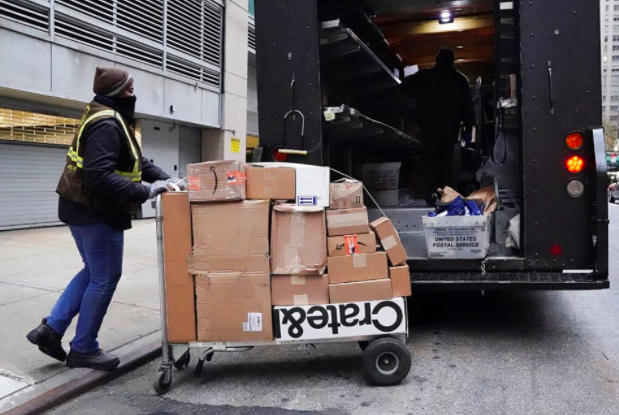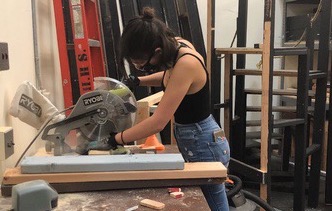On October 1st, Ms. Macke, a chemistry and environmental science teacher at Pascack Hills High School, received the honor of presenting at the annual conference of the Lamont-Doherty Earth Observatory, the Earth Institute of Columbia University.
She and another high school teacher from New York City presented their findings during a two-week trip to South Africa over the summer, sponsored by Toyota.
The program allows teachers across the country to apply for a structured, educational tour through the rural areas of South Africa.
While on this adventure, Ms. Macke studied the relationship between the environmental difficulties, poverty, and government influences in a third-world country.
Ultimately, she, as well as her fellow presenter at the Columbia conference, reached the optimistic conclusion that the government was finding great sustainable solutions for the problems in South Africa.
Now, what does she mean by “sustainable?” Because sustainability was a key component of her project, Ms. Macke explained that a “sustainable solution” refers to a plan that supports the economy and environment of Africa, and therefore lasts without harming either of the two important factors.
Currently, in a post-Apartheid world, ridden with poverty, South Africa suffers from nature-induced destruction, unemployment, and lack of housing. Although the South African government has promised housing to millions of citizens, providing these houses can take more than twenty years, forcing people to live in unorganized Shantytowns.
To benefit the people and environment, the government has employed several ideas, often providing work that protects nature and the people.
For example, many sharks often lurk on the coasts of South Africa where people swim. The government has employed people to stand on guard, watching for sharks, and warning people with green, black, red, or white flags.
Rather than using harmful nets that ensnare and kill sharks and fish, maintaining a shark watch keeps marine animals and humans safe.
Ms. Macke shares her new knowledge with visitors at the Lamont-Doherty Conference and students at Pascack Hills High School.
Also present at the conference were a few of Ms. Macke’s students, who are interested in elaborating on her experiment for a research project.
Ms. Macke’s contacts in South Africa can provide useful information about the South African environments to compliment findings in our direct area.
Her trip has inspired not only herself but also her students to look for sustainable solutions for South Africa.














































